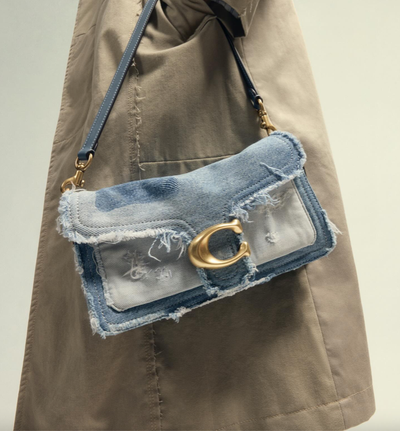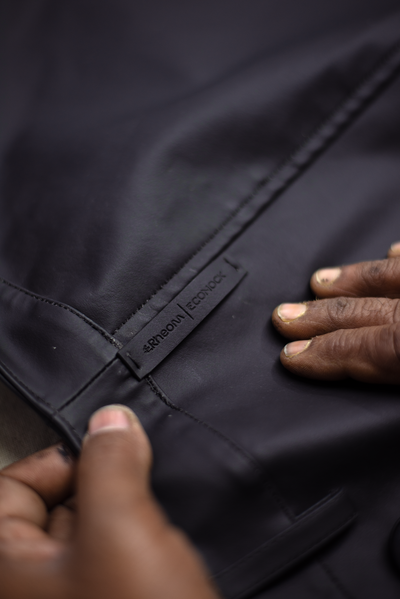Decathlon, the renowned sporting goods retailer, is taking a bold step towards addressing the environmental fallout of festival culture with the launch of their innovative buy-back scheme, aptly named 'No Tent Left Behind'. As music festivals gear up for a resurgence post-pandemic, the company aims to curb the staggering waste generated by discarded tents each year in the UK.
The initiative, running until September 13th, encourages festival attendees to purchase camping gear from Decathlon and subsequently return it for a full refund, receiving a gift card in return. This move not only incentivizes responsible disposal but also promotes the reuse of materials through the refurbishment and resale of returned items via Decathlon’s Second Life programme.
Reports indicate that approximately 250,000 tents meet their demise in UK landfills annually, amounting to a substantial environmental burden. Each abandoned tent contributes to roughly 10 kilograms of waste per festival-goer, highlighting the pressing need for sustainable alternatives within the camping industry.

Under the 'No Tent Left Behind' scheme, customers across the UK can participate by trading in ten of the most popular tent models sold by Decathlon. Regardless of wear and tear, customers will be reimbursed with a gift card equivalent to the original purchase price upon returning their eligible tents before the stipulated deadline.
Chris Allen, Decathlon UK's sustainability leader, expressed enthusiasm for the campaign's relaunch, citing the previous year's success in refurbishing and reselling all returned tents through the Second Life platform. Allen emphasized the company's commitment to fostering sustainable habits among consumers, aligning with their broader environmental objectives.
Decathlon's strategic focus on circular business models underscores its dedication to reducing environmental impact. By expanding product repairability, enhancing traceability, and adhering to verified science-based emission targets, the company aims to drive meaningful change within the industry.
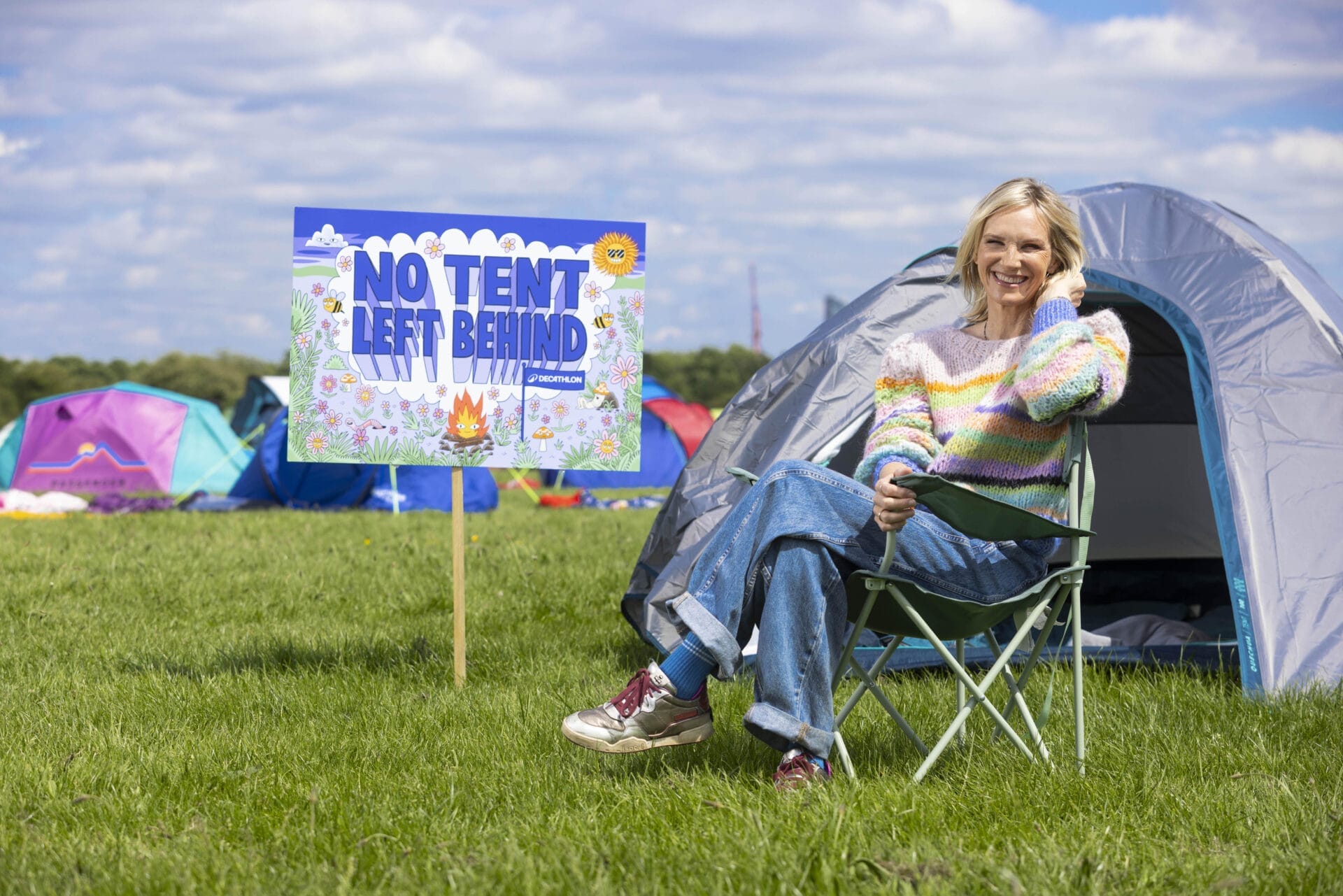
Furthermore, Decathlon plans to extend its buy-back programme to encompass over 100 product categories by 2026, with a target of facilitating the repurchase of 800,000 items. The initiative aligns with the retailer's comprehensive sustainability strategy, which also includes repair workshops, rental services, and DIY offerings across various product lines.
The 'No Tent Left Behind' campaign has garnered praise from influential figures, with Jo Whiley, a prominent radio DJ and television presenter, commending Decathlon's initiative as a reminder for festival-goers to embrace sustainability while enjoying their experiences.
In conjunction with the launch of the buy-back scheme, Decathlon has unveiled an enticing offer for festival enthusiasts: the inclusion of the full Quechua MH100 tent range in the 'No Tent Left Behind' promise. These lightweight, compact tents boast affordability and convenience, making them an ideal choice for festival-goers seeking eco-friendly camping solutions.
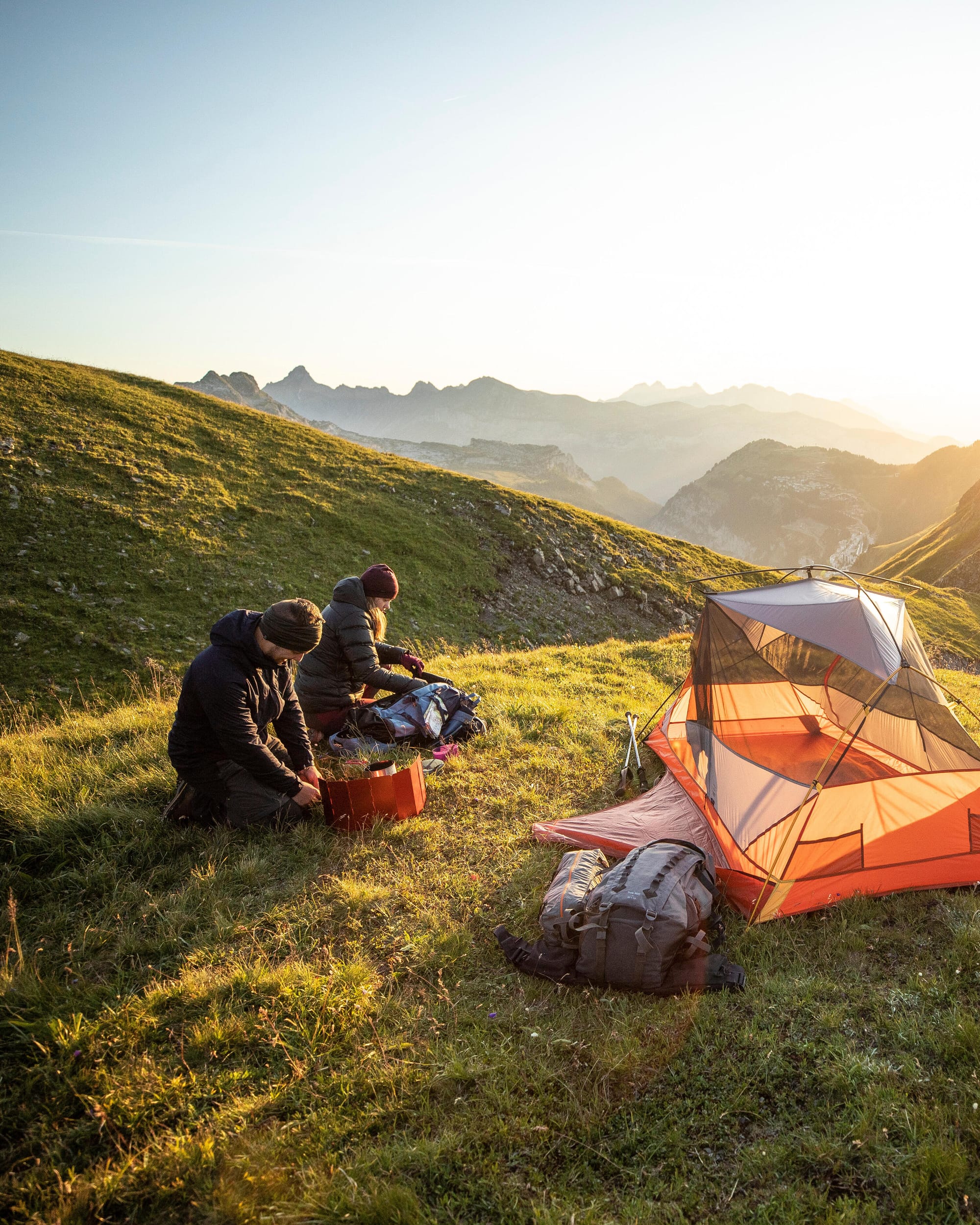
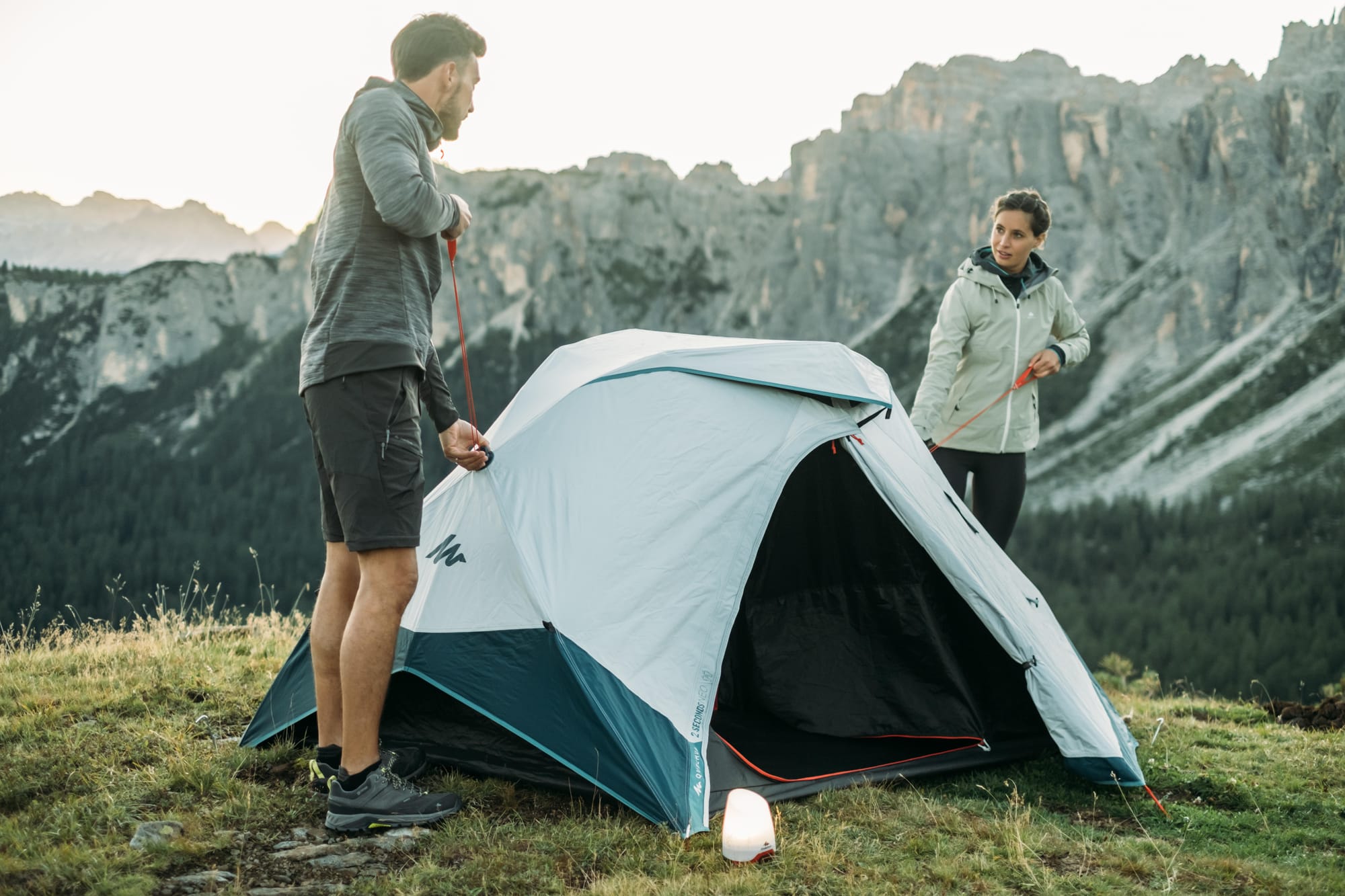
With an estimated 250,000 tents abandoned annually at festivals, Decathlon's initiative serves as a rallying cry for individuals to take proactive steps in reducing waste while creating lasting memories. Festival attendees are encouraged to partake in the pledge, committing to the responsible disposal of their camping gear and contributing to a more sustainable future.
As the festival season approaches, Decathlon beckons adventurers to embrace the 'No Tent Left Behind' ethos, offering a seamless pathway towards eco-conscious festival experiences. By purchasing from the MH100 range and participating in the scheme, individuals can play a pivotal role in mitigating the environmental impact of festival culture, one tent at a time.
Join Decathlon in their mission to leave no tent behind and embark on a journey towards greener festivities. Take the pledge today and make a difference—because every tent matters.



